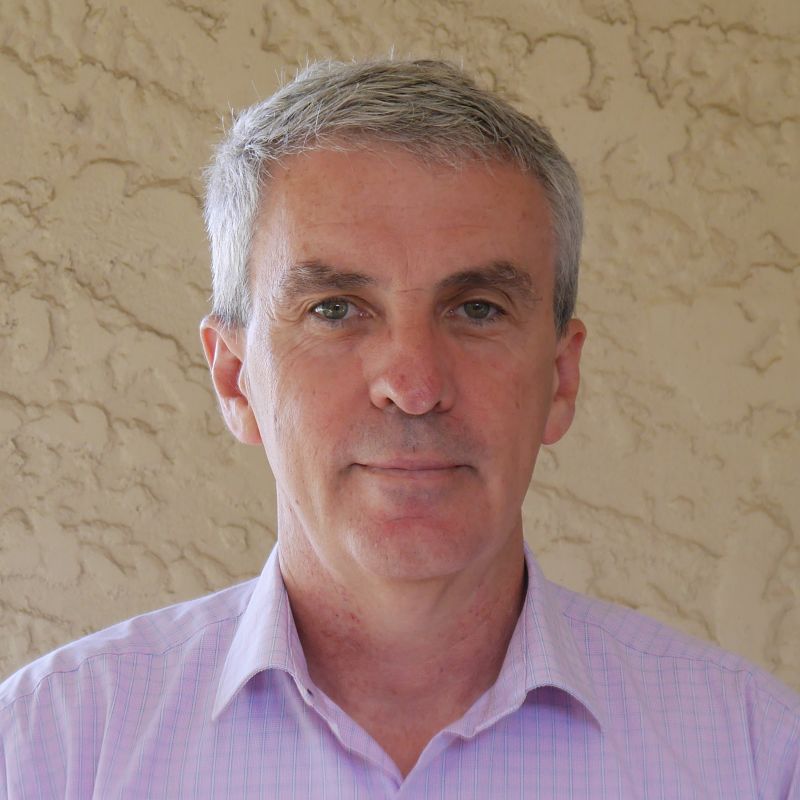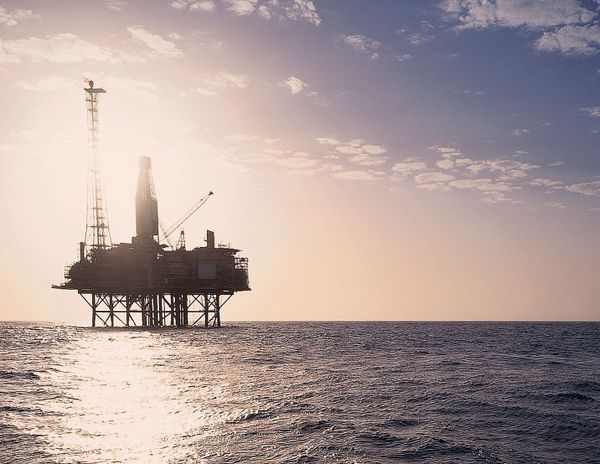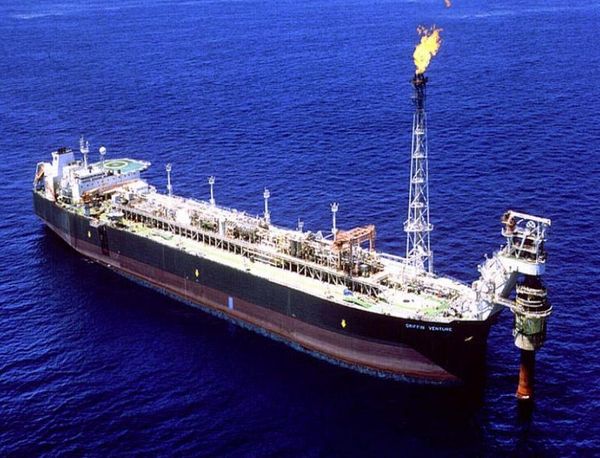A coming carbon credit price crunch & lithium's million-tonne waste problem
• Western Power's power pole fire problem •
Good morning,
Here is the round-up of what has happened over the last week, delayed from Friday.
The WA EPA has started a review of its greenhouse gas guidance used to assess new large projects. The current guidance, issued in April 2020, has led to the Waitsia gas project, FMG's Solomon power station and Covalent Lithium's Kwinana plant, all required to gradually reduce scope 1 emission towards zero by 2050.
After an internal review, the EPA expects to publish a draft on Q1 2022 for public comment.
Wesfarmers, which owns 50 per cent of Covalent Lithium, will be interested in the review outcome as it is planning a significant expansion of ammonia production at CSBP's Kwinana facility.
That is the old-fashioned gas to grey hydrogen and CO2 up the stack approach. Some believe low-cost green hydrogen (and hence ammonia) is already in reach based on low solar energy costs in the Middle East. Whoever invests in the wrong technology at the wrong time is going to lose a lot of money.
Covalent and other lithium hydroxide producers have a huge environmental problem beyond greenhouse gas emissions: up to one million tonnes a year of tailings left behind after processing. They are looking at reusing it in roads and building materials.
The Minerals Research Institute of WA has launched a net-zero emissions mining challenge starting with $1 million to co-fund research.
Rio Tinto is taking a step towards net-zero with a 45MW battery in Tom Price that will allow it to switch off backup generators.
Companies with a "do nothing now, I'll buy carbon credits when forced to" approach could be in for a shock. The price of Australian Carbon Credit Units passes $20/tonne last week, the highest since Australia had a carbon price.
Carbon credits may grow on trees, but they are not easy to produce in vast volumes, with the Clean Energy Regulator having revoked almost 200 offset projects, nearly a fifth of the total.
Chevron is likely to be in the ACCU market. The first five years over which Gorgon was meant to bury at least 80 per cent of the CO2 from the reservoir expires in two weeks. Partners Shell and ExxonMobil will need to spend as well.
Fossil production
EnergyQuest chief executive Graeme Bethune's summary of the recent APPEA Conference in Perth had a line that got the odd vibe of the event: "Federal and state government ministers that spoke seemed more enthusiastic about natural gas than the gas industry itself."
Carnarvon Petroleum has signed a letter of intent for a jack-up tig to drill the Buffalo-10 well in October in the hope of returned the old BHP oil field to production.
Further south, Shell is reported to be going out for new bids for the Crux platform and a pipeline to take the gas to Prelude.
The ATO is challenging Shell's recent court win over $700 million it wrote off after buying Chevron out of Browse in 2012. As Energy News Bulletin points out, arguing the Browse purchase was "development ready" has not been supported by the passage of time.
Strike Energy this morning announced commitments with Australian Gas Infrastructure Group to procure long-lead items for the 87 TJ/day processing plant AGIG will build for West Erregulla phase 1 in the Perth Basin that Strike owns with Warrego Energy.
RCMA Australia, a Singapore-based company that operates the Jingemia oil field, has received conditional approval from the EPA to drill a conventional oil exploration well 11km south of Dongara.
NOPSEMA has accepted ENI's plan to decommission the Woollybutt oil field. After causing a marine hazard, being ordered to decommission Woollybutt and Blacktip and cancelling the sale of its Australian assets, the Italian firm is finally taking real responsibility.
Power generation and poles of trouble
Western Power may have to compensate the owners of Parkerville 57 homes destroyed by fire in 2014 after a court found the State-owned utility had a duty of care for all poles that are part of its system, not just the poles it owns.
Western Power owns about 700,00 poles, and about 100,000 are privately owned. Western Power told the court it could cost $50 million to map the private poles. It will be interesting to see if Western Power's expanded responsibility for timber poles notorious for starting fires accelerates the rollout of standalone power systems that remove the need for those poles.
Long term storage is the yet unsolved problem to achieve a 100 per cent renewable grid. One option is compressed air storage that could be particularly helpful in flat WA with few great options for pumped hydro storage.
The falling cost of renewables is making it harder for Barnaby Joyce to spruik for coal. Fiction meets facts. Solar and wind have contributed to a 58 per cent drop in the wholesale price of power on the east coast since 2015.
Australia's climate policy still stalled, the world moves on
A US diplomat said the USA and Australia have "much to gain together by partnering to develop new green technologies and by setting new more ambitious climate goals."
Translated to non-diplomatic language, this says, "the US is adopting more ambitious climate goals, and we will ensure Australia loses in one way or another until you join us."
The Business Council of Australia has finally got the message laying out two stark choices: unchecked climate change shrinks our economy or action on climate and choosing a net-zero economy boost our economy.
Unsurprisingly the Minister for Queensland Coal/Resources, Keith Pitt accused the BCA of talking down the mining sector. The reality is that Australia's miners stand to benefit hugely from the energy transition, except for his coal mates.
Pitt just approved $175 million of Government funding to a Queensland coal mine after blocking support for a wind farm weeks ago.
Fellow Queensland National Matt Canavan thinks the moral guilt of inner-city elites "is behind the whole ethos, the whole ideology of net-zero emissions." So, nothing about CO2, science, and global temperatures then?
Their leader and now deputy PM Barnaby Joyce thinks Australia needs high-efficiency, low-emission coal power stations. There is no such thing as a low emissions coal power station.
Energy Minister Angus Taylor, a National in Liberal clothing, continues to sit on legislation that would regulate offshore wind in Australia.
Sadly, the nation's future has been captured by the ideological Neanderthal's that form the east-coast National Party. They pretend to look after country voters while doing the bidding of mining and gas donors: a reprehensible bunch.
The result is that Australia ranked last for climate action out of 193 countries in a recent UN report.
Labor climate and energy spokesperson Chris Bowen said Australia needs to "electrify everything that can be electrified…transfer the energy generation to renewables, and export as well."
Bowen said there would not be a return to a carbon price or did not announce any emissions reduction targets. Sadly common sense approaches are off the table as the Murdoch media in the east and The West Australian in WA will run scare campaigns like electric utes ruining the weekend.
Michael Mann wrote that Australia is at a crossroads on climate: "Australia must choose between two paths as it faces its future. One leads to suffering and ruin. The other leads to a safe and vital future. But to pass through the gate, it must leave fossil fuels behind."
Another reminder that green energy exports will be a competitive space. A 45 GW green hydrogen project is planned for Kazakhstan.
Batteries made in Australia is another opportunity we could miss as the Government is too busy squeezing a few more years out of east coast coal assets.
After a few COVID related delays, I'll be speaking to Sustainable Energy Now next Monday night July 12 on "The Power and Politics Slowing WA's Energy Transition."
Energy Policy WA has a forum on July 14 for the industry to hear what comes next in WA's energy transformation strategy.
Many of the reforms developed to data came into effect on July 1 with new governance arrangements for the SWIS and regulation of the Pilbara transmission assets of Horizon Power and Alinta Energy.
Lastly, if your oil and gas experience is, like mine was, mainly sitting in an office in Perth, I can recommend a great book on what the industry is really like.
Eat Beat Sleep Repeat: a FIFO Life is an eye-opener, particularly on how Prelude was built in Korea. Now the problems Shell has had since the giant left the shipyard make sense. Note the anonymous author does not say it is Prelude, but it cannot be anything else.
The book is also a great insight into the pressures of FIFO life on the individual and their family.
Best of luck with the rest of your week.
Cheers
Pete




